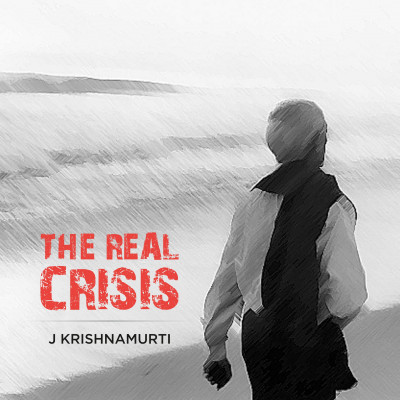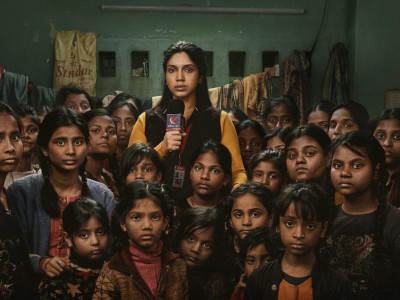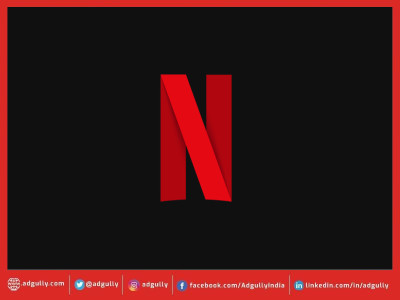I, you, and this world—perfect recipe for a crisis
Authored by Vivek Raju
From birth, each of us is brought up in the idea of being a unique individual. Parents, educators, and society at large, at every turn, instill in us this sense of ‘I’ as being separate from you and the world. In fact, this statement seems redundant because we never ever look at this ‘I’ that is being fuelled until it is pointed out; it is taken for granted like breathing or the heartbeat.
We are encouraged to follow our dreams and ‘make it’ in this life. Many of us go through years of struggle in school and college, being educated to fit into society and at the same time carve a niche for ourselves that will ensure success. Outwardly, each era’s definition of success is quite standardized but different. Today, it is specialization. The more fine-tuned a skill one has, the more one is in demand. Years ago, those with varied skills were valued.
Inwardly, though, the need for success has the same roots: to ensure sustained stability, security, and happiness in one’s life. The outgrowth of these deeply ingrained tendencies expresses itself in a play for power, status, and the amassing of wealth.
And nothing exemplifies this more starkly than in the world of business. Millions of people being driven by the same tendencies, each one trying to best the other. Along the way, we compete with heightened aggression. Our focus is sharpened on what we want to achieve to the exclusion of all else—our relationships and our planet. These ‘dreams’ that we go after take the form of forceful ambition, which is celebrated by our society. While doing so, we face crisis after crisis, be it personal or global. Of course, there are moments of peace and happiness, but these soon disappear as new goals and challenges come along leading to new crises.
We believe that technology and outside intervention will help us solve our crises. We hope for vaccines, better governance, a thriving economy or whatever it is you believe that will solve a crisis. Yet, it seems nothing changes fundamentally. Why is it that we continue to seek solutions to our problems outside? Why is it that we never see how we really are the contributors to the problems
Krishnamurti, sage, religious teacher and one of the 20th century’s most original and influential thinkers unravelled the human condition like never before and pointed out why we go from crisis to another: “Now, what is the modern world? The modern world is made up of technique and efficiency in mass organizations. There is an extraordinary advancement in technology and a maldistribution of mass needs; the means of production are in the hands of a few. There are conflicting nationalities, constantly recurring wars because of sovereign governments. That is the modern world, is it not? There is technical advancement without an equally vital psychological advancement, and so there is a state of unbalance; there are extraordinary scientific achievements, and at the same time human misery, empty hearts, and empty minds.…So, that is the modern world, which is yourself. The world is not different from you. Your world, which is yourself, is a world of the cultivated intellect and the empty heart.”
We never consider that human actions born out of the need for individual stability, security and happiness have led to the condition of our world today. So profound and prophetic was Krishnamurti when seventy years ago he said: “The present world crisis is of an extraordinary nature; there have been probably few such catastrophes in the past. This present crisis is not the usual kind of disaster that occurs so often in the life of man. This chaos is world-wide; it is not Indian or European but stretching out into every corner of the world. Physiologically and psychologically, morally and spiritually, economically and socially, there is disintegration and confusion. We are standing on the edge of a precipice and wrangling over our petty affairs. Few seem to realize the extraordinary character of this world crisis, how profound and vastly disturbing. Some, realizing the confusion, are active in rearranging the pattern of life on the edge of the precipice and, being themselves confused, are only bringing more confusion.”
We are teetering at the edge of the precipice, and we do not really consider the real source of the crisis. Krishnamurti puts it bluntly: “The crisis is there. The crisis is not in the world, it is not the nuclear war, it is not the terrible divisions and the brutality that is going on. The crisis is in our consciousness, the crisis is what we are, what we have become.”
As we race towards meeting our individual ambitions of a better life, the planet is being ravaged. Recently a news report talked about Bill Gates funding a project that will help cool the Earth by dimming the rays of the Sun to stop global warming! Just think about how callous and self-centred we are when other life on Earth matters little in the face of keeping our lifestyle intact. We never talk about moderating the way we consume and live.
Why?
Krishnamurti answers: “When we lose contact with nature, we lose contact with each other. When you lose contact with the birds, the shy and timid quail, then you lose contact with your child and the person across the street. When you kill an animal to eat, you are also cultivating insensitivity which will kill that man across the border. When you lose contact with the enormous movement of life, you lose all relationship. Then you—the ego with all its fanciful urges, demands, and pursuits—become all-important, and the gulf between you and the world widens in endless conflicts.”
The ’I’ has separated itself from the world and everyone else on it. And in its pursuit for security and happiness at any cost, it has ensured that we continue on the edge of a precipice. Is there a way out? Krishnamurti outlines it succinctly: “Cheer and happiness are not ends in themselves; they are, as courage and hope, incidents in the search of something that is an end in itself. It is this end that must be sought after patiently and diligently, and the only through its discovery will our turmoil and pain cease. The journey towards its discovery lies through oneself; every other journey is a distraction leading to ignorance and illusion. The journey within oneself must be undertaken not for a result, not to solve conflict and sorrow; for the search itself is devotion, inspiration.”
For some who are interested in discovering that ‘something’, the Krishnamurti Foundation India has put together a digital booklet called The Real Crisis.With quotations drawn from six decades of his talks, dialogues and writings and translated into nine Indian languages, the booklet is available for free download from www.kfionline.org

















Share
Facebook
YouTube
Tweet
Twitter
LinkedIn